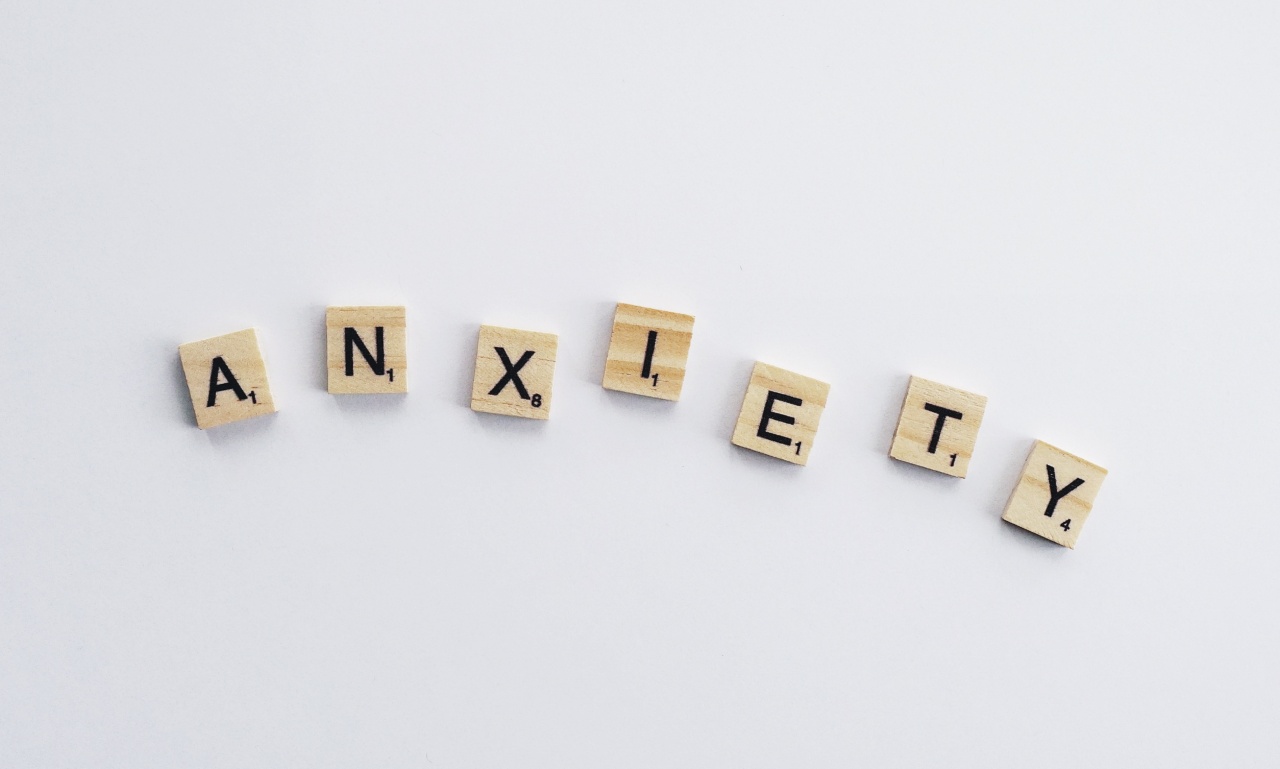Salt, also known as sodium chloride, is a mineral that is used to flavor and preserve food. While salt is an essential nutrient that our body requires in small amounts, consuming too much salt can lead to a variety of health problems.
In this article, we will explore the facts about salt and its impact on health.
What is Salt?
Salt is a crystalline substance made up of sodium and chloride ions. It is commonly used as a seasoning and preservative in food, as well as in various industrial applications. Salt is found naturally in many foods, such as meat, fish, and vegetables.
How Much Salt Do We Need?
The American Heart Association recommends that adults consume no more than 2,300 milligrams of sodium per day, which is the equivalent of one teaspoon of salt.
However, the average American consumes far more than this–in fact, most people consume about 3,400 milligrams of sodium per day.
What Happens When We Consume Too Much Salt?
When we consume too much salt, our body retains water in an effort to flush out the excess sodium. This can lead to a range of health problems, including high blood pressure, heart disease, stroke, and kidney disease.
The Link Between Salt and High Blood Pressure
High blood pressure, or hypertension, is a condition in which the force of blood against the walls of the arteries is consistently elevated. Over time, this can lead to an increased risk of heart disease, stroke, and kidney disease.
Eating too much salt is a major contributor to high blood pressure. When we consume salt, our body retains water to dilute the sodium in the bloodstream.
This increases the overall volume of blood in the body, which in turn puts more pressure on the walls of the arteries. Over time, this can lead to damage to the arteries and an increased risk of heart disease, stroke, and kidney disease.
The Impact of Salt on Heart Health
Heart disease is the leading cause of death in the United States, and is closely linked to high blood pressure. Consuming a diet high in salt can increase your risk of developing heart disease by up to 20%.
This is because excessive salt intake can lead to a range of cardiovascular problems, including narrowing of the arteries, damage to the heart muscle, and an increased risk of heart attack and stroke.
The Effects of Salt on Kidney Function
The kidneys are responsible for filtering waste products from the bloodstream and maintaining the body’s fluid and electrolyte balance.
When we consume too much salt, our kidneys are forced to work harder to remove the excess sodium from the bloodstream. Over time, this can lead to damage to the kidneys and an increased risk of kidney disease.
Salt and Bone Health
While the impact of salt on bone health is not as well understood as its effects on heart and kidney health, some studies have shown that consuming a diet high in salt can lead to a loss of calcium from the bones.
This can be particularly problematic for individuals who already have osteoporosis or other bone disorders.
Reducing Your Salt Intake
Reducing your salt intake can help to protect your health and reduce your risk of developing a range of health problems. Here are some tips for reducing your salt intake:.
- Choose fresh over processed foods whenever possible
- Use herbs and spices to flavor your food instead of salt
- Read food labels and choose products that are low in salt
- Avoid adding salt to your food at the table
The Bottom Line
Consuming too much salt can lead to a range of health problems, including high blood pressure, heart disease, stroke, kidney disease, and bone disorders.
By reducing your salt intake and making healthier dietary choices, you can protect your health and reduce your risk of developing these health problems.

























